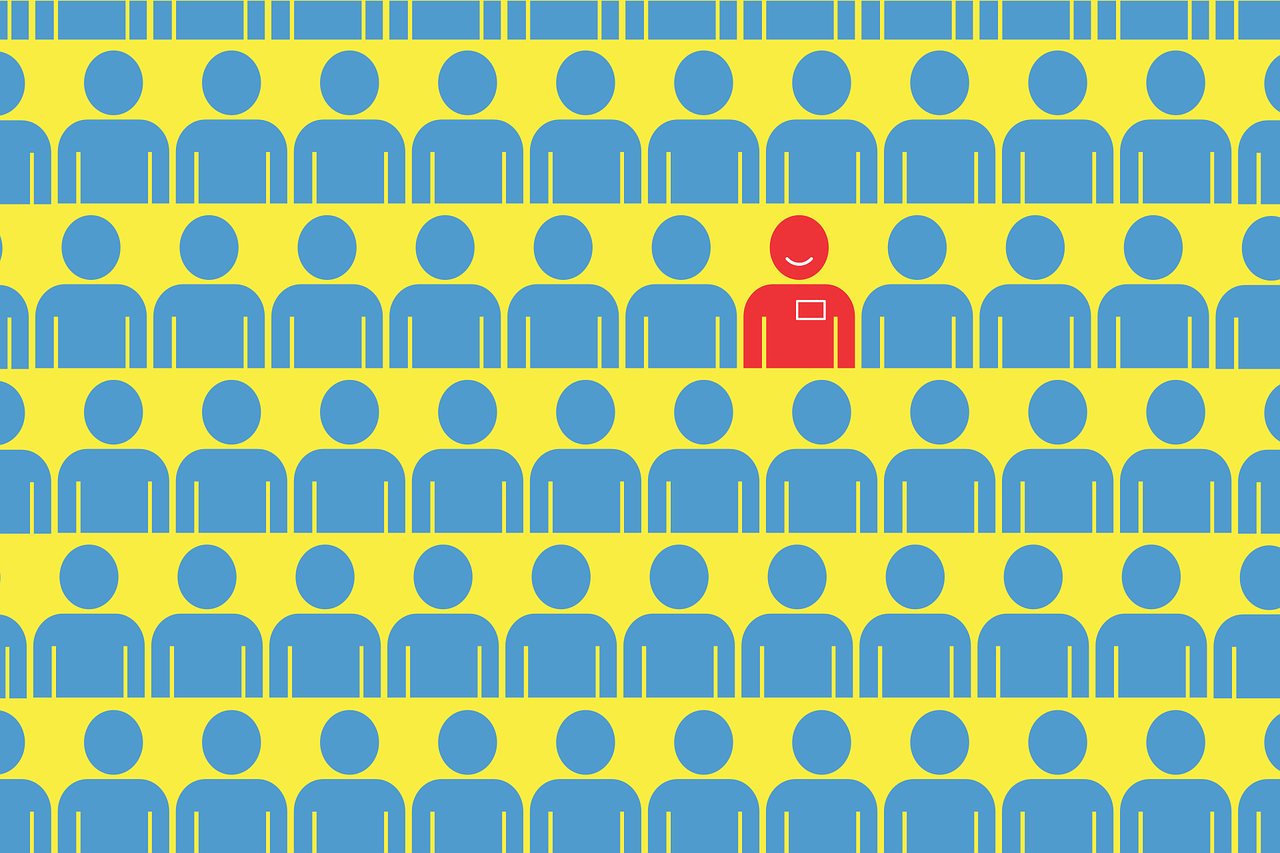Cultural Differences and Their Impact on Visa Approval Rates for Africans
Visa approval rates for Africans can be significantly influenced by cultural differences. These differences often manifest in various ways, from communication styles to societal norms, and can affect the perception of visa applicants by immigration officers. This article delves into the cultural factors that impact visa approval rates for Africans, supported by examples, case studies, and statistics.
Understanding Cultural Differences
Cultural differences encompass a wide range of factors, including language, traditions, social norms, and values. These differences can lead to misunderstandings and misinterpretations during the visa application process.
Language Barriers
Language is a fundamental aspect of culture. For many Africans, English or the language of the destination country may not be their first language. This can lead to communication challenges during the visa interview process.
- Misunderstandings due to accents or dialects
- Difficulty in expressing intentions clearly
- Misinterpretation of questions by visa officers
For instance, a study by the Migration Policy Institute found that non-native English speakers are more likely to face visa denials due to communication barriers.
Social Norms and Behaviors
Social norms and behaviours vary widely across cultures. What is considered polite or respectful in one culture may be perceived differently in another.
- Eye contact: In some African cultures, avoiding eye contact is a sign of respect, while in Western cultures, it may be seen as evasive behaviour.
- Body language: Gestures and body language that are common in African cultures may be misinterpreted by visa officers from other cultures.
- Formality: The level of formality in communication can differ, leading to misunderstandings during the visa interview.
These cultural differences can impact the perception of the applicant’s credibility and intentions, influencing the visa approval decision.
Case Studies and Examples
Case Study: Nigerian Applicants
Nigeria is one of the African countries with a high number of visa applications. However, Nigerian applicants often face higher rejection rates compared to applicants from other regions.
According to a report by the U.S. Department of State, the visa refusal rate for Nigerian applicants was 57% in 2020. Several factors contribute to this high rejection rate, including:
- Concerns about overstay and illegal immigration
- Perceived economic instability in Nigeria
- Cultural misunderstandings during the visa interview
For example, a Nigerian applicant may be perceived as evasive if they avoid direct eye contact, even though this behaviour is culturally appropriate in Nigeria.
Example: South African Applicants
South African applicants generally have higher visa approval rates compared to other African countries. This can be attributed to several factors:
- Higher proficiency in English
- Better economic stability
- Familiarity with Western cultural norms
However, even South African applicants can face challenges due to cultural differences. For instance, the use of certain idiomatic expressions or slang during the visa interview may be misunderstood by visa officers.
Statistics on Visa Approval Rates
Statistics provide valuable insights into the impact of cultural differences on visa approval rates for Africans. Here are some key statistics:
- According to the U.S. Department of State, the overall visa refusal rate for African countries was 44% in 2020.
- A study by the European Union found that African applicants face higher rejection rates for Schengen visas compared to applicants from other regions.
- The Canadian Immigration and Refugee Board reported that African applicants have a higher likelihood of visa refusals due to perceived risks of overstay and economic instability.
These statistics highlight the challenges faced by African applicants and the need for a better understanding of cultural differences in the visa application process.
Strategies to Improve Visa Approval Rates
To improve visa approval rates for Africans, it is essential to address the cultural differences that impact the process. Here are some strategies:
Cultural Sensitivity Training for Visa Officers
Visa officers should receive training on cultural sensitivity to better understand the cultural backgrounds of applicants. This training can help officers:
- Recognize and respect cultural differences
- Avoid misinterpretations during the interview
- Make more informed decisions based on a holistic understanding of the applicant
Improved Communication Support
Providing better communication support for non-native speakers can help reduce misunderstandings. This can include:
- Offering translation services during the interview
- Providing clear and simple instructions for the application process
- Allowing applicants to bring interpreters if needed
Enhanced Pre-Interview Preparation
Applicants can benefit from better preparation for the visa interview. This can involve:
- Workshops and seminars on visa application processes
- Mock interviews to practice communication skills
- Guidance on cultural norms and expectations during the interview
Conclusion
Cultural differences play a significant role in the visa approval rates for Africans. Language barriers, social norms, and behaviours can all impact immigration officers’ perception of visa applicants. By understanding these cultural factors and implementing strategies to address them, it is possible to improve visa approval rates for African applicants. Cultural sensitivity training for visa officers, improved communication support, and enhanced pre-interview preparation are key steps in this direction. Ultimately, fostering a better understanding of cultural differences can lead to fairer and more equitable visa approval processes.



